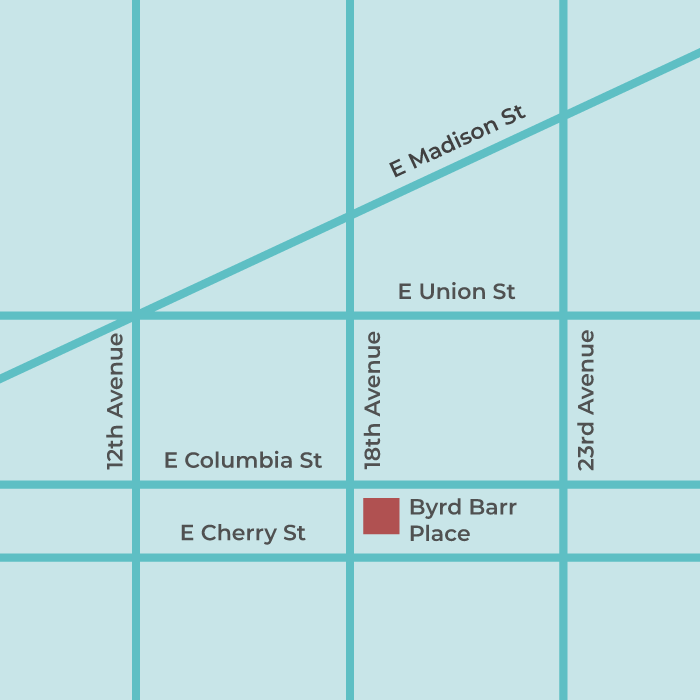Photo by engin akyurt on Unsplash
There are holes in the social safety net and families are falling through the cracks.
Wealth and income inequality have exploded over the last 50 years. The costs of living, housing and childcare are increasing rapidly, while wages remain relatively stagnant. As a result, more Washingtonian families are finding it harder than ever to make ends meet and to plan for the future.
Addressing this issue requires radical truth-telling around the disproportionate impact that poverty and economic hardship have upon communities already marginalized, and the reality that current public assistance programs are insufficient. According to a recent study by the Washington State Department of Social and Health Services (DSHS), “The current state of our human service systems exacerbates what brain science refers to as a ‘scarcity mindset.’ Programs impose significant financial, temporal and cognitive costs that tax a person’s mental bandwidth to such an extent that it affects their ability to problem solve and plan.”
Byrd Barr Place CEO Andrea Caupain Sanderson served on the strategic team for DSHS’s Washington State Basic Income Feasibility Study, which illustrates the profound impact that direct cash benefits can have upon the economic stability and overall wellness of individuals experiencing economic hardship.
The idea of a universal basic income — an unrestricted and unconditional cash benefit — is not new. In the 1960s, many, including Martin Luther King, Jr., the Black Panther Party, feminists, and Byrd Barr Place (then CAMP), argued for basic income as a cornerstone of economic justice policy. Happily, the idea is experiencing a modern uptick in momentum as a potential solution to stubborn poverty rates across the country. There are at least 100 universal basic income pilot programs underway in the United States, the vast majority led by community-based organizations and local governments.
The results of the study are extraordinary. The weight of the evidence suggests that basic income measurably and meaningfully improves the social and economic well-being of recipients. The stabilizing effects of direct cash assistance are also observed with recipients spending the majority of resources on basic needs, such as food, rent, clothing, utilities and transportation. Research also shows that direct cash alleviates the stresses associated with the experience of economic hardship — supporting foundational needs, higher quality of life and an increase in feelings of hope and belonging.
The promise of basic income is its ability to fulfill unmet foundational needs and strengthen the economic floor so no Washingtonian falls through the cracks. People and communities historically excluded from social and economic well-being — including Black, Indigenous, and other people of color; women; children and youth; seniors; rural residents; 2SLGBTQIA+ people; immigrants and refugees; and people with disabilities — carry an undue burden of economic hardship and should therefore be consulted and prioritized in solutions.
With five pilot programs already underway in Washington, our state is uniquely positioned to be an early adopter of this policy. In fact, legislators have already expressed interest, introducing bills in the 2020 and 2022 sessions. Research shows that the costs of such a program are wildly overshadowed by the estimated benefits. As little as $333 per month can make a difference in the brain development of infants, and pilots providing $1,000 to $1,500 per month have led to gains in economic stability, health, well-being and planning for the future. A body of research estimating the cost-benefit of reducing child poverty alone shows that every dollar invested yields a $7 return to society, with the potential to generate billions of additional dollars to state economies and over $1 trillion at the federal level.
While a universal basic income is not a panacea for poverty or social ills, it represents a major step forward in moving our state toward a more inclusive economy. The findings are clear: taking care of and investing in people whom society has marginalized not only provides robust economic returns but nurtures human dignity, racial equity, economic justice and community belonging — which are core values to Byrd Barr Place and what we’re working towards every day.


